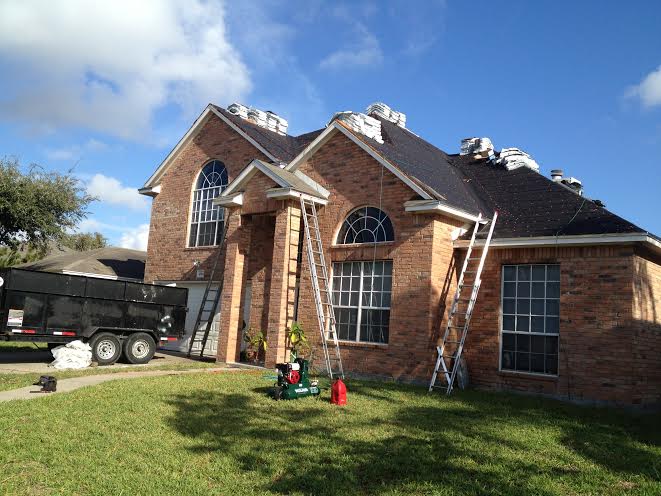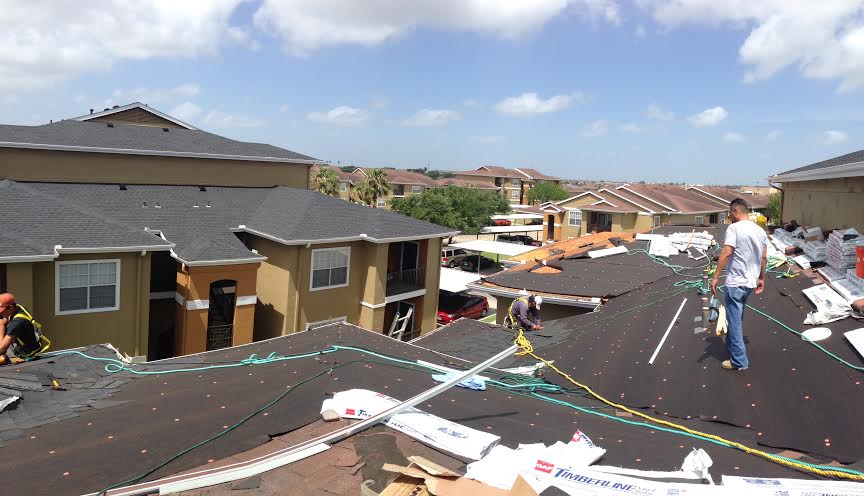The decision to repair or replace a roof can be difficult. It is important for homeowners to understand the pros and cons of both options in order to make an informed decision that best suits their needs.
This article will discuss the advantages and disadvantages of repairing versus replacing a roof, so that readers are able to weigh their options and arrive at a solution most appropriate for them.
In this article, we will explore each option through detailed analysis of its benefits and drawbacks. We’ll look into what makes one choice better than another, as well as when it’s wise to opt for either repairing or replacing your roof.
Ultimately, our goal is to provide readers with enough information to help them make the right decision for themselves and their homes.
The Cost Of Repairing Your Roof
The cost of repairing a roof can vary greatly depending on the type of damage that is being addressed.
Generally, minor repairs such as resealing joints and replacing missing shingles are far less expensive than more extensive repairs which might include reinforcing rafters or trusses due to compromised structural integrity.
Preventive maintenance in the form of inspection and weatherproofing is also an important factor when considering repair costs; by keeping up with regular maintenance tasks, major problems are often prevented before they occur.
Taking proactive steps towards protecting your roof from potential damage caused by extreme temperatures, high winds, snowfall, hail storms and other issues associated with harsh weather conditions can save you significantly over time in costly repairs.
Repairing your roof may be the most economical option for some homeowners who only need minor work done; however, if there is significant damage it could still prove to be cheaper to replace the entire structure instead of attempting costly repairs.
The Cost Of Replacing Your Roof
The cost associated with replacing your roof can vary greatly depending on the size of the roof and what materials are used.
On average, it generally costs anywhere from $5,000 to $20,000 or more for a new roof installation.
If you live in an area that requires specialized weatherproofing and energy efficiency upgrades, this could add additional costs as well.
An experienced contractor should be able to give you a better estimate of what the total cost will be after considering all relevant factors such as roof pitch, decking material and ventilation requirements.
It is important to remember that while replacing a roof may initially seem like an expensive endeavor up front, making the investment now can actually save money over time due to its durability and protection against further damage caused by wind, rain or snow.
A good quality replacement roof also offers improved energy efficiency which helps keep heating and cooling bills low throughout the year.
Investing in a strong, durable roof now will provide long-term benefits for years to come.
The Lifespan Of Repairing Vs. Replacing
Deciding between repairing and replacing a roof can be daunting, but understanding the lifespan of each option is essential for making an informed decision.
Durability plays an important role in both options, as it will directly impact how long the roof lasts and how much protection it provides against weathering.
Replacing a roof generally has a longer lifespan than repairs because new materials are used that are not subject to wear or breakage like those used in repair jobs.
On the other hand, if done correctly, repairs can still have good durability and last many years before needing another fix-up job.
However, they may require more frequent maintenance due to their weaker nature compared to replacements.
In addition, regular inspection should take place since improper installation or faulty materials could decrease its longevity significantly.
Ultimately, considering factors such as cost and expected lifetime are critical when deciding whether to repair or replace your roof.
The Necessity Of Roof Repair
As a homeowner, it is essential to take preventative measures in order to protect your home from the elements.
Roof repair can be an effective way of weatherproofing and protecting your property from further damage caused by natural disasters such as storms and heavy rain.
Regular roof repairs will help maintain the integrity of your roof and ultimately save you money on costly replacements down the line.
Not only that, but they are also great for improving the aesthetic appeal of your home, ensuring that it remains looking attractive year after year.
Furthermore, replacing parts of your roof instead of entire sections may reduce energy costs due to improved insulation properties.
With all this taken into consideration, repairing a roof can be seen as advantageous when compared with replacement options.
The Necessity Of Roof Replacement
Replacing a roof can be a difficult decision for homeowners. Weatherproofing and maintenance costs are the two main factors that need to be weighed when considering if it is necessary.
On one hand, replacing a roof may add significant value to your home as newer roofs come with improved insulation capabilities and will reduce energy costs over time. Additionally, installing a new roof ensures protection from any potential weather damage in the future. However, this option also comes at a higher upfront cost than repairing an existing roof and requires more labor to install correctly.
The choice between repairing or replacing the roof ultimately depends on how much money you are willing to spend and whether there is extensive damage present in your current system. While repairs may save money initially, they might not last as long as replacement and require frequent monitoring for any additional issues.
A full replacement offers peace of mind knowing that your home is fully protected against future storms but does come with increased expenses both up front and recurringly due to proper maintenance practices being performed regularly. Ultimately, weighing these pros and cons should help inform which option best fits your budget and needs.
The Benefits Of Repairing Your Roof
The costs associated with roof replacement can be daunting, but the benefits of repairing your roof should not be overlooked. Repairing a roof is often less expensive than replacing it and can help maintain its longevity. Fixing any existing damage is also an important part of preserving the structural integrity of a home or business.
Many homeowners opt to repair instead of replace their roofs when possible due to cost savings. Patching up minor damages such as cracked shingles, small holes in flashing, or loose nails can significantly extend the life expectancy of the roof and protect against further water damage that could occur from exposure to rain and snow.
Additionally, regular maintenance helps keep a roof in good condition for years longer than if neglected. Homeowners who take care of repairs promptly are more likely to avoid costly replacements down the line.
In conclusion, there are many advantages to repairing one’s roof rather than opting for replacement immediately. Not only does this approach save money initially, but ongoing maintenance will ensure that potential damages are addressed before they become too severe, ultimately helping maintain longevity and protecting against future problems.
The Benefits Of Replacing Your Roof
Replacing a roof can bring many benefits to homeowners.
An updated roof is more energy-efficient than an older one, reducing the costs of heating and cooling bills over time.
In addition, a new roof can add aesthetic appeal to a home as there are numerous modern materials available that offer great value in terms of style.
The increased amount of insulation provided by today’s roofs helps create a comfortable living environment while also increasing the property value of the home.
All these factors combine to make replacing your roof an attractive option for any homeowner looking to invest in their property.
Furthermore, with proper maintenance, such as regular inspections and repairs when needed, you can ensure that your replacement roof lasts longer and continues to increase the overall value of your home.
Conclusion
The decision between repairing or replacing your roof can be difficult and expensive. It is important to understand the costs, lifespan, and benefits of both so that you can make an informed decision for your home.
Repairing a roof may offer more immediate cost savings but it will not necessarily last as long as replacement.
On the other hand, although a complete roof replacement is likely to have higher upfront costs, it could potentially provide better protection against weather damage in the future.
Taking all factors into consideration should help guide homeowners toward making the best choice for their situation.


